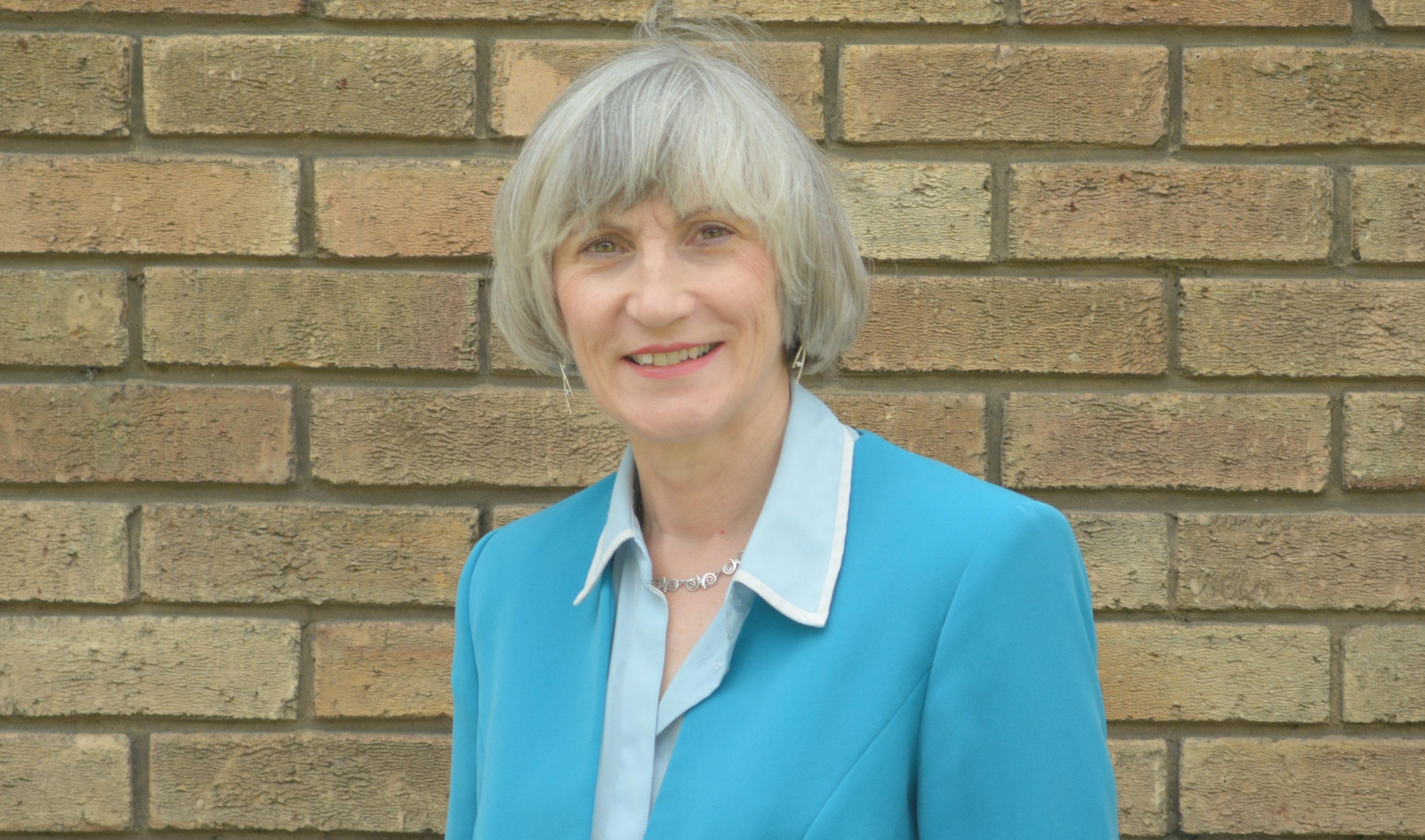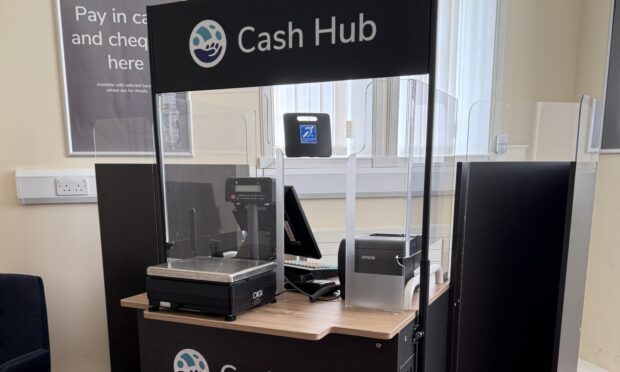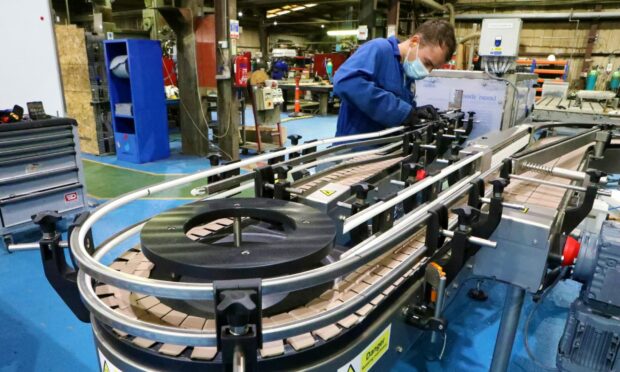Fife’s cash-strapped health service has been hit by a financial bombshell after a hike in the cost of vital medicines.
The changes by drug companies earlier this year slapped an extra £1 million on the region’s community prescribing budget overnight, putting key savings plans at “significant risk”.
One GP revealed that it would take nine or ten months to make up the deficit, no matter how hard doctors tried to prescribe cost effectively.
Fife MSP Claire Baker branded the soaring cost of generic medicines unjustifiable and accused private drugs companies of having the NHS “over a barrel”.
The mid Scotland and Fife representative has now called for pressure to be put on the pharmaceuticals industry in a bid to reduce the “unacceptable” prices.
She added: “While I recognise the severe financial pressures, what must not happen is for anybody to be denied drugs they are in need of.”
Fife’s new Integrated Joint Board, financed by NHS and council budgets, is facing a massive £11.5m overspend in its first year.
A package of radical service changes, including expanding community services and cutting hospital beds, was agreed at a private meeting earlier this month to cut the deficit to £6.5m.
A crucial part of that was reducing the prescribing budget by £3.6m.
Mrs Baker described news of the overspend as very concerning.
“It is clear from the evidence this is largely due to unacceptable increases in prescription drugs and the NHS is in a very difficult position,” she said.
“I will write to the health minister to ask her to have discussions with UK health colleagues to put pressure on drugs companies.”
NHS Fife medical director, Dr Frances Elliot, said the board was engaged in a range of activities at local and national level to reduce the costs of prescribing medicines.
“One of the additional factors affecting our drug budget is the sharp rise in the costs of generic medicines in recent years, adding considerably to our costs,” she said.
“As a board we have limited control of the cost of individual drugs, however, we believe that there is scope within our existing practices to prescribe medicines more efficiently than we do presently.”
Dr Elliot added: “We have established an Efficient Prescribing Programme in Fife, which seeks to look at means of reducing our prescribing costs whilst maintaining the safety and efficacy of the medicines patients receive”
The board is also working alongside colleagues across Scotland and the Scottish Government to look at how medicines are procured to see where further savings can be made.










